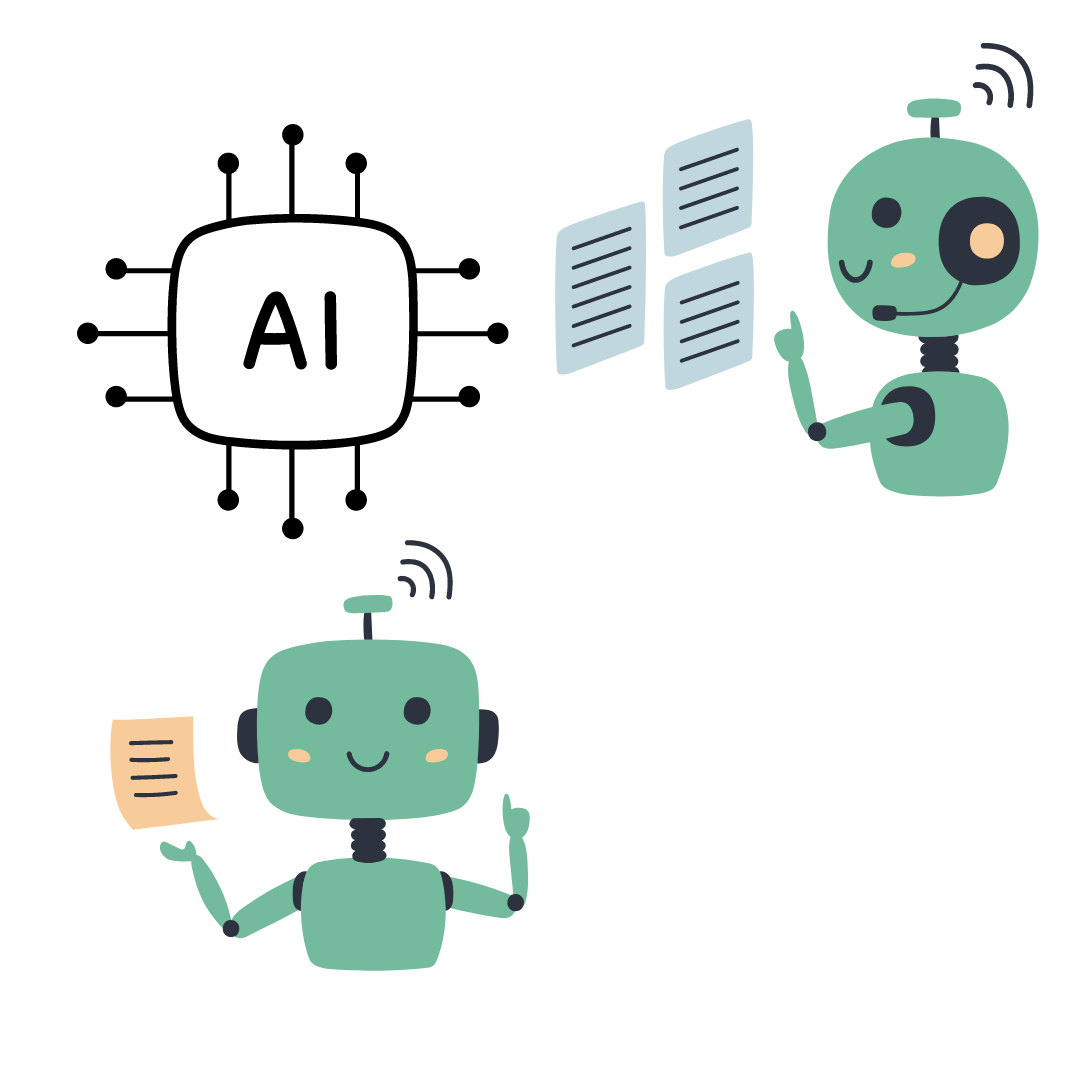Limitations of ChatGPT - Generative AI
Despite being trained on vast amounts of data, ChatGPT is still imperfect. Since it is a language model that has been trained rather than a human being capable of reasoning and evaluating the words they produce, ChatGPT lacks genuine cognitive engagement with the language it generates.
ChatGPT possesses immense potential to revolutionize writing practices, helping buisness, generating content and even art in some cases but there exist potential hazards and constraints when utilizing it. From spreading misinformation to breaching copyright laws, numerous factors must be taken into account before incorporating it into our lives. Since students around the world are relying heavily on it and not only students but professionals, enterpreneurs, artists.. everyone in a way is using chatgpt today so
it makes sense that one should know when chatgpt is accurate and when it’s not so much.
Despite being trained on vast amounts of data, ChatGPT is still imperfect. Since it is a language model that has been trained rather than a human being capable of reasoning and evaluating the words they produce, ChatGPT lacks genuine cognitive engagement with the language it generates.
To utilize ChatGPT for personal or professional purposes, it’s of utmost importance to comprehend these restrictions. False information, objectionable material, offensive information, and security breaches pose potential risk to individuals who depend on ChatGPT to generate content.
The internet serves as a large repository for a significant portion of the world’s knowledge, yet not all of it is correct. A language model that learns from internet data can assimilate inaccuracies, and given the vast volume of information available, rectifying all of the false information that ChatGPT has acquired is a difficult task. Therefore, any information that we are taking from ChatGPT must be verified before being relied upon.
It’s essential to keep in mind that ChatGPT lacks true comprehension of the information it generates! ChatGPT is incapable of understanding the intricacies of discussions, debates, or even the meaning of words and phrases. It selects the subsequent word that it believes is the most probable to follow the words it has generated so far. ChatGPT does not possess the ability to decide whether the text it produces is “accurate.” It generates the word using probablity distribution P(A|B) (probability of occurance of A given that B has already occured) in a much complex way and is trained in this way.
The tendency for large language models such as ChatGPT to confidently assert erroneous information in this manner is called as hallucination.
An additional concern that arises from ChatGPT being trained on human-generated data is bias. The internet and literature, which serve as the basis of ChatGPT’s training, comprise a plethora of harmful biases. As a result, ChatGPT can perpetuate these biases in its output by learning from this information.
People have discovered means to manipulate ChatGPT into producing content that expresses sentiments such as the inferiority of Black people to white people, as well as the inferiority of women to men.

Here are some of the limitations of ChatGPT that the model itself has acknowledged:
Lack of Creativity: While ChatGPT can produce coherent sentences and paragraphs, it lacks genuine creativity. It can generate content based on patterns it has learned from its training data, but it cannot come up with truly original ideas or concepts.
Lack of Emotional Intelligence: ChatGPT does not possess emotional intelligence. It cannot recognize sarcasm, irony, humor, or other forms of emotional expression in text, which can lead to misunderstandings and miscommunications.
Limited Contextual Understanding: ChatGPT’s understanding of context is limited to the patterns it has learned from its training data. It cannot interpret the broader context of a piece of text, which can lead to misinterpretations and errors.
Inability to Learn from Experience: Unlike humans, ChatGPT cannot learn from its experiences. It cannot adapt to new situations or learn from its mistakes, which can limit its usefulness in some applications.
Dependence on Training Data: ChatGPT’s ability to generate content is entirely dependent on the quality and quantity of its training data. If the training data is biased, inaccurate, or incomplete, ChatGPT’s output will reflect these limitations.
Under: #ethics , #ai , #tech